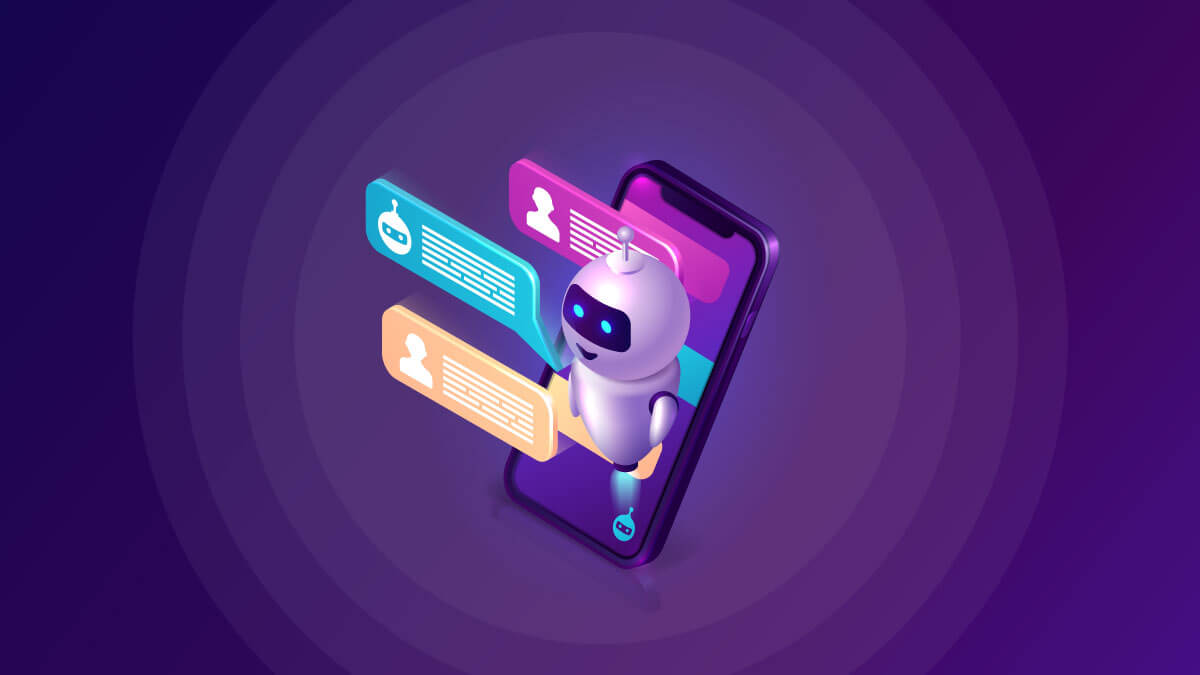Growing Impact of ChatGPT on Software Testing

The world is abuzz with the discussion of Artificial Intelligence, with the ChatGPT chatbot at the forefront of these conversations. This AI model has garnered immense popularity and is widely acknowledged in the industry. Within just one week of its release, ChatGPT amassed an astounding one million users, establishing itself as the fastest-growing online platform.
ChatGPT, developed by OpenAI, is a highly adaptable conversational software based on GPT, a machine-learning technology that generates human-like text. It learns from vast data to predict and create coherent responses. Among its many functionalities, it excels in crafting research papers and generating Selenium test code. This exceptional adaptability has rendered it an indispensable asset in software development life cycles (SDLC), significantly expediting testing processes.
The key to ChatGPT’s prowess lies in Large Language Models (LLMs), a subset of AI that leverages deep learning techniques and extensive data training. By harnessing this vast data, ChatGPT can generate infinite results across a broad spectrum of topics.
How an Advance Chatbot like ChatGPT Can Enhance Software Testing?
We are in a competitive world where speed with accuracy can be a lethal combination for modern enterprises to stay ahead of the curve. By utilizing the capabilities of ChatGPT, software testing companies can accelerate the overall testing process. This will help your QA (Quality Assurance) team to focus on the core tasks that need their solid attention. Some major highlights of adopting ChatGPT for software quality assurance
- Uncover defects faster
- Take necessary actions on time
- Reduce costly delays
Following an effective and relevant implementation approach can significantly reduce manual work. With ChatGPT, quality assurance companies can speed up test coverage without losing operational efficiency.
Few ways software testers can use this tool:
Script Generator
As an advanced generative chatbot trained with a massive amount of data, ChatGPT proved to be very helpful in generating test scripts. For instance, while doing performance testing of a web application using LoadRunner, ChatGPT can help the QA team to generate LoadRunner test scripts in a few seconds. However, the generated outcome should continually be reviewed by professionals to check whether it matches your present requirements or not.
Cut Down Efforts
Automation has come up as a proven solution for reducing manual efforts, but it still requires expert review for accuracy. With the addition of ChatGPT in the toolkit, testers can leverage the power of AI to accelerate software testing and reduce efforts. There are still a lot of improvement areas for ChatGPT, as right now, it’s only in the initial phase, and we will see more AI and NLP improvements in the near future.
Types of Testing with ChatGPT
So far, we have been discussing the implementation benefits of ChatGPT in testing. Now let’s discover the different types of testing that can be performed with ChatGPT.
Unit Testing
Testers can incorporate ChatGPT at the front end to work on languages such as JavaScript, Python, Swift, and others that need generating syntax for constructing test cases.
API Testing
ChatGPT might be used to generate frameworks like Postman or to write test scripts for APIs using familiar languages like NodeJS, Java, Python, and so on.
Mobile Testing
ChatGPT has the capability to assist in developing test scripts for prominent test frameworks such as Appium. These test scripts can then be utilized to conduct comprehensive testing of applications built on various programming languages like Swift, Java, and more.
Integration Testing
By leveraging ChatGPT alongside technologies like Selenium, it becomes possible to generate test scripts that facilitate integration testing. These scripts provide support for various markup languages such as HTML, CSS, and more.
End-to-End Testing
When performing end-to-end testing, testers in collaboration with ChatGPT can generate test scripts for frameworks for effective testing scenarios.
Challenges Associated with ChatGPT in Software Testing
Solely relying on ChatGPT’s output to automate tests and generate test cases can lead to performance hazards. Here are some of the critical problems associated with ChatGPT in software testing:
- Limited Agility
- Inadequate Contextual Understanding
- Limited Scope for Test Case Creation
- Control Over Test Environment
- Limited Execution
But, with each update and release, makers of ChatGPT increase its precision more and more. Creating it an ideal tool for software testers to streamline the entire process. Leading to a path where artificial intelligence and QA engineers work parallelly and reassure quality from every aspect.
Conclusion
The integration of AI into our lives and software testing marks a momentous achievement, promising improved testing efficiency, consistency, and coverage. Yet, as we explore this uncharted territory, it is crucial to strike a balance between the excitement of innovation and the recognition of legitimate concerns.
At ImpactQA, we embrace the power of AI to revolutionize software testing, empowering your business with cutting-edge solutions. With our expert team, we navigate the AI landscape to ensure your software remains robust and secure, preparing it for future challenges. Join us in embracing the future of software testing, where AI-driven innovation empowers businesses, making a lasting impact on software quality and performance.




